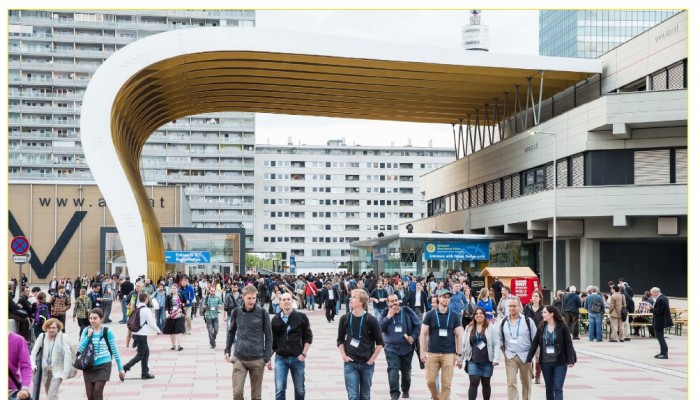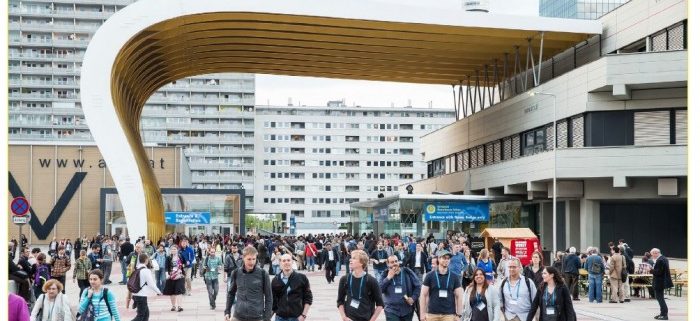UNEXMIN @ EGU 2017
The European Geoscience Union (EGU) General Assembly, will take place this year in Vienna in two weeks from now (23-28 April). EGU2017 is a relevant international event with major focus on the Earth Sciences, and the UNEXMIN project will be presented there to a large and relevant audience.

The main aim of EGU General Assembly 2017 is to get together geoscientists from all around the globe to one place, covering all the disciplines not only in the Earth Sciences, but also in the Planetary and Space sciences. This event will provide a place for scientists and researchers from all levels of education to present their work and to discuss ideas with other fellow scientists and experts.
EGU 2017 programme is divided by programme groups and sessions covering all the disciplines from the science areas above described (e.g. mineralogy, geochemistry, energy and resources). Besides the usual oral presentations (UNEXMIN will be presented this way), there will be poster sessions, PICO sessions (a more interactive kind of presentation) and many other activities during the EGU week, like Short courses, debates and award sessions.

EGU 2016 (blogs.egu.eu)
The UNEXMIN project will be presented at EGU2017 by LPRC members in name of the UNEXMIN consortium on Monday morning, 24th, within the “ERE1.1 – Energy, Resources & the Environment” session and the oral presentation is entitled “UNEXMIN H2020 Project: an underwater explorer for flooded mines”. The presentation will give an overview of the project and its developments since the beginning as well as a brief update on the first results. The abstract for this event is available at: UNEXMIN abstract
All in all, the EGU2017 is the perfect place for people interested in the Earth Sciences to get to know the project. UNEXMIN’s abstract and presentation have also been given the “Highlight” status – defining it as one of the most interesting topics – for Monday. This is the prize for developing such an interesting technology that can help shape the future of the geoscientific world by gathering data that cannot be currently accessed in any other way!




